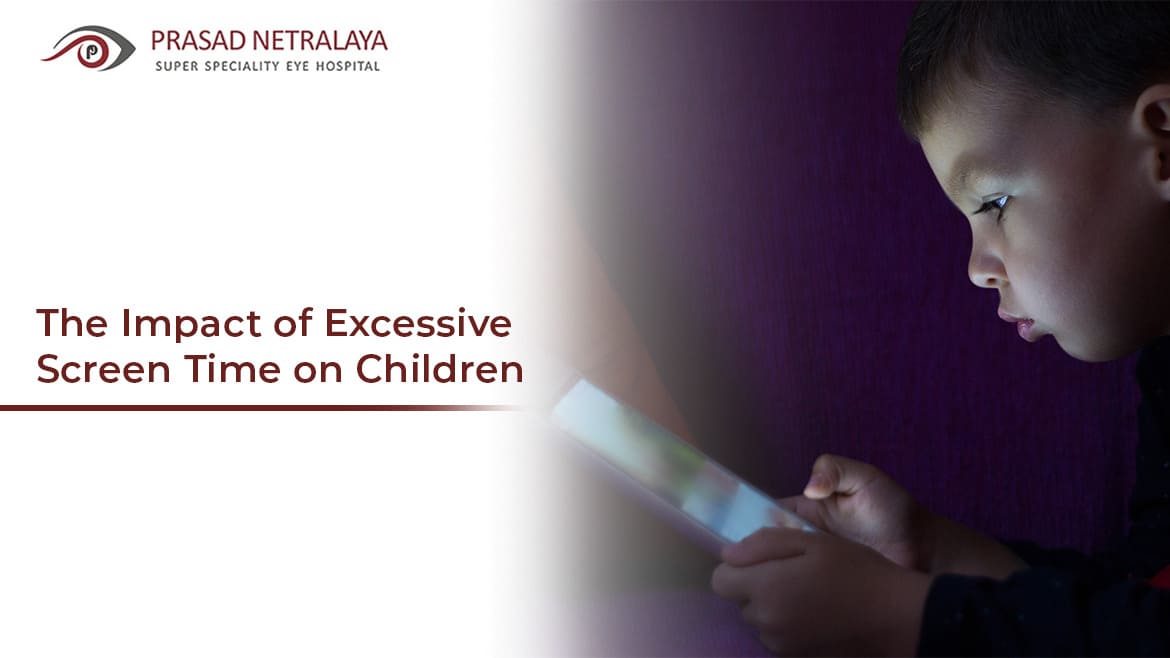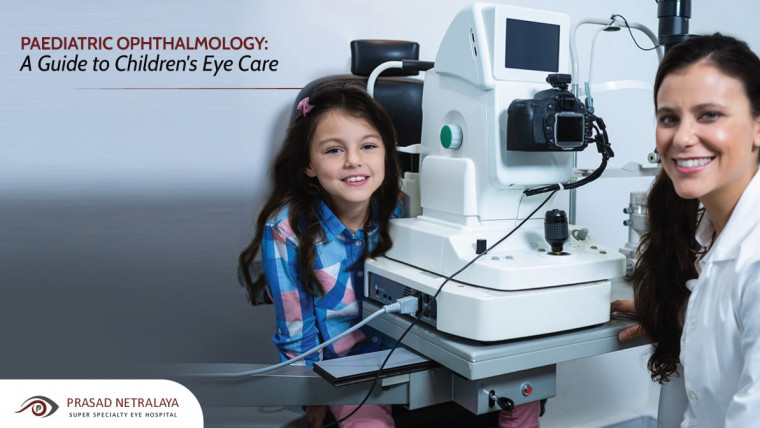Did you know that children in India spend an average of 2.7 hours a day on screens? It’s a staggering statistic reflecting technology’s growing influence on our lives. Excessive screen time can profoundly affect children’s physical health, cognitive abilities, and socio-emotional well-being.
This article will explore the detrimental effects of excessive screen time on children and discuss strategies to mitigate these effects.
Table of Contents
Consequences of Excessive Screen Time
Excessive amounts of time on digital devices can result in screen addiction and have several negative consequences for children. It is critical to recognize and address the following effects to promote a healthier and more balanced lifestyle for children.
1. Physical Health Effects
Excessive screen time can harm children’s physical health by encouraging sedentary behaviour, obesity, sleep disturbances, and vision problems.
Here are a few consequences of too much screen time:
- Sedentary lifestyle and obesity: Children who spend too much time in front of screens are more likely to lead sedentary lives, which increases their risk of obesity.
- Sleep disturbances: Blue light emitted by screens can disrupt the body’s natural sleep-wake cycle, which causes sleep disturbances.
- Vision problems: Excessive screen time can strain children’s eyes, potentially causing vision problems.
2. Cognitive Effects
Excessive screen time can impair children’s attention and focus, hinder language and communication development, and delay cognitive development.
Here are some of the common cognitive effects of excessive screen time:
- Impaired attention and focus: Constant screen stimulation can make it difficult for children to concentrate and retain information.
- Language and communication development: Excessive screen time frequently substitutes for face-to-face interactions, which can impair language and communication skills.
- Delayed cognitive development: Screen time may hinder the development of important cognitive skills such as problem-solving and creativity by limiting opportunities for hands-on exploration, problem-solving, and imaginative play.
3. Socio-Emotional Effects
Excessive screen time can lead to social skill deficits, increased aggression, behavioural issues, and negative mental health effects.
Here are some common socio-emotional effects of too much screen time:
- Social skills deficits: Excessive screen time may hinder the development of important social skills by limiting face-to-face interactions.
- Increased aggression and behavioural issues: Excessive screen time has been correlated to increased aggression or behavioural problems in children due to constant exposure to media violence, online conflicts, and a lack of parental supervision.
- Negative effects on mental well-being: Excessive screen time harms children’s mental health, leading to anxiety, depression, and low self-esteem due to constant exposure to cyberbullying and the pressures of social media.
Friendly Tips To Reduce Your Children’s Screen Time
Here are some tips that can help your child reduce the amount of time they spend in front of a screen.
1. Setting Screen Time Limits
Set clear guidelines and rules for screen time duration and usage. Involve your children in setting screen time limits to improve understanding and cooperation.
2. Encouraging Alternative Activities
Give your children various engaging offline activities to replace screen time. Please encourage them to participate in outdoor activities, reading, arts and crafts, and other activities that promote holistic development.
3. Promoting Digital Literacy and Responsible Use
Teach children about digital literacy, critical thinking, and online safety. Educate them on the dangers of excessive screen time and encourage conversation about their online experiences.
From Screen Overload to Healthy Growth
Excessive screen time significantly threatens our children’s well-being, affecting their physical health, cognitive abilities, and socio-emotional development. We can prioritize children’s health and development in this digital age by limiting screen time, encouraging alternative activities, and teaching them about digital literacy.
Learn more from the professionals at Prasad Netralaya, Mangalore, and Udupi’s first and best Super Specialty Eye Hospital.
Dr. Vikram Jain, M.S. had his medical training (MBBS) from Kasturba Medical College, Mangalore, India. He did his master’s in Ophthalmic surgery from Kasturba Medical College, Manipal. He currently manages the Glaucoma department of Prasad Netralaya hospital.



